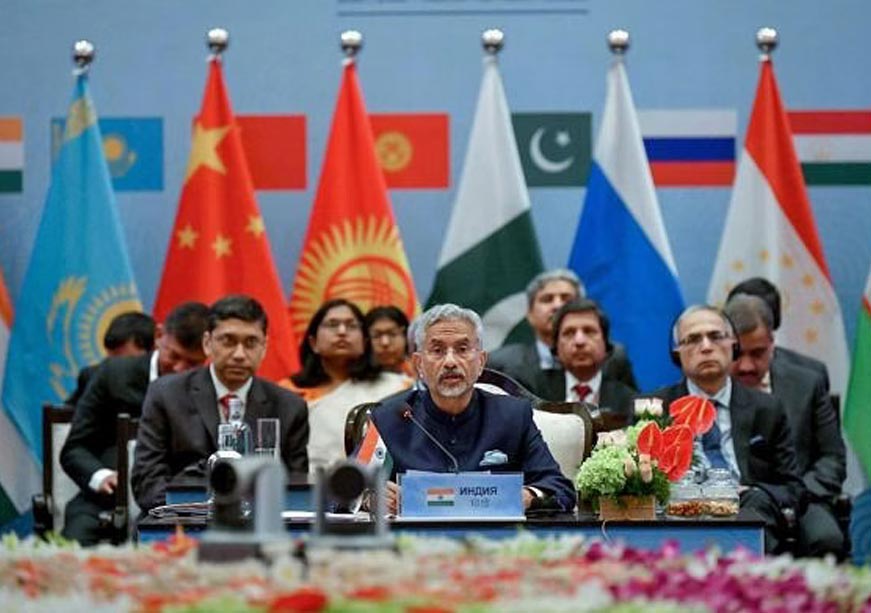Defence Minister Rajnath Singh declined to sign the Shanghai Cooperation Organisation communique at the defence ministers’ meeting in Qingdao on 26 June 2025, citing the exclusion of India’s reference to the Pahalgam terror attack on 22 April, which claimed 26 lives. His objection stemmed from the absence of explicit condemnation of cross-border terrorism and the refusal of one SCO member to accept stronger language on the issue.
India maintained that the draft statement appeared to overlook its concerns by mentioning militant activities in Balochistan while omitting the Kashmir attack, which New Delhi attributes to Pakistan-based elements. Pakistan has denied the allegations. With no consensus reached, the SCO issued no joint statement.
At the meeting, Singh warned that “some countries use cross-border terrorism as an instrument of policy and provide shelter to terrorists,” urging the SCO to call out state sponsors of terrorism. He noted that “peace and prosperity cannot coexist with terrorism and proliferation of weapons of mass destruction,” emphasising that accountability must be enforced.
The omission of the Pahalgam attack triggered India’s strong reaction. The attack bore similarities to methods previously used by Lashkar‑e‑Taiba, and the Resistance Front claimed responsibility. Singh noted that India responded via “Operation Sindoor,” a military initiative targeting terrorist infrastructure across the border.
According to the Ministry of External Affairs, India had proposed language explicitly referencing terrorism and the Pahalgam incident. However, “one particular country” objected, preventing its adoption into the draft text. The MEA spokesperson stated the document failed to address India’s terrorism concerns to its satisfaction.
China, currently holding the rotating chair of the SCO, and Pakistan reportedly resisted India’s proposed language. Beijing reaffirmed the meeting’s overall success but did not comment on the failure to adopt a communique.
This marks the first SCO gathering where India and Pakistan, the two nuclear-armed members, both had ministerial presence since their sharper military exchanges in May following the Kashmir tragedy. It also signifies an increasingly assertive Indian posture, refusing to compromise on terror-related language even at the cost of collective declarations.
Singh leveraged several bilateral discussions with counterparts from Russia, Belarus, Tajikistan and Kazakhstan, reinforcing India’s stance on counter‑terrorism cooperatives and condemning safe havens for terrorist groups. He presented a symbolic idol to his Russian counterpart, highlighting longstanding defence ties and India’s commitment to multilateral defence engagement.
The failed consensus at this defence ministers’ meeting precedes the SCO leaders’ summit scheduled for autumn in Tianjin. Analysts suggest India’s refusal may increase pressure on China to mediate tougher language on terrorism in broader SCO communiqués, potentially reshaping text at the heads‑of‑state level.
For India, the decision sends a resolute message: countering terrorism is non‑negotiable, even in strategically important multilateral forums. Amid overlapping interests and strategic rivalries, Delhi’s stance underscores that zero tolerance for terrorism remains the cornerstone of its international security diplomacy.




